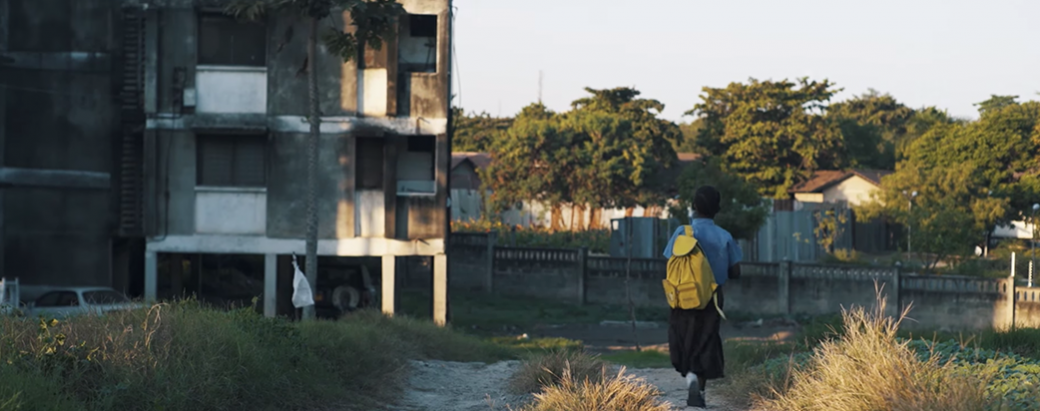
About the Project
This project is one of the 2017 WISE Awards winners.
Ubongo leverages the reach of mass media, the stickiness of stories, animation and music, and the interactivity of mobile technology to bring millions of kids across Africa fun learning at low cost. Ubongo’s multiplatform edutainment reaches millions of kids aged 3-14 weekly on TV, radio, mobile and web.
The Akili and Me animated TV and radio program helps three to six year olds develop numeracy, pre-literacy, language and socio-emotional skills in Kiswahili and English, with Kinyarwanda currently piloting. The Ubongo Kids animated TV show, with mobile interactivity, helps primary students gain foundational skills in STEM subjects, while developing growth mindset and love of learning. Ubongo Kids broadcasts in Kiswahili, English and French on free-to-air TV across East Africa, and on digital TV in 27 countries across Africa.
Context and Issue
There is an education crisis hindering opportunities for the 440 million under 15s in Sub-Saharan Africa. This starts from the earliest years: eight out of ten of the countries with lowest pre-primary enrollment are in Sub-Saharan Africa, and in primary school 38 million children of the 58 million out of school children globally are in Africa.
In Tanzania, the rate of teacher absenteeism is 53 percent, and there is an estimated shortage of 1.5 million teachers in Africa. This leads to many children attending school but not learning. In Malawi, 60 percent of students who completed primary school still could not read and comprehend a single sentence in their local language. This is especially urgent for the earliest years of pre-primary and primary education, where there is a spike in population and a severe shortage of teachers and resources. Investment in early childhood education has been shown to be one of the most cost-effective investments in overall development with a benefit of $33 per dollar spent.
Yet a majority of the 80 million children under five in Africa right now stand to miss out on preschool under the current conditions. Once in primary school, most children receive rote learning in overcrowded classrooms, with little to no chance to apply what they learn or develop important skills like critical thinking, problem solving, communication and creativity.
Solution and Impact
The innovation of Ubongo Edutainment is in utilizing locally accessible technologies that tens of millions of families across Africa already use, to deliver fun and localized learning content. Ubongo leverages these technologies to deliver a product system that targets motivation, access and ecosystem for African families, at massive scale. Ubongo delivers its fun learning content across platforms including radio, TV, SMS and smartphones, and adapt it to local context and language. It provides guidance and simple tools for caregivers, schools and communities to support their children’s learning and development. Through this innovative model, the Ubongo Edutainment brands “Akili and Me” and “Ubongo Kids” have grown to be the most popular children’s entertainment brands in East Africa. From their millions of viewers, tens of thousands are now pulling additional educational products, such as Ubongo Android Apps (Akili’s Alphabet and Math Rats) which have both reached Number One in the education and game categories on the Google Play store in Tanzania.
Ubongo conducted impact studies of both programs and seen significant learning outcomes. A randomized control trial conducted in partnership with Prof. Dina Borzekowski of University of Maryland found that Tanzanian children aged three to six who watch Akili and Me for a month outperform their peers by 24 percent in counting, 13 percent in English as a Second Language and nine percent in fine motor skills, even when accounting for age, socio-economic status and prior knowledge. In primary school, children watching Ubongo Kids show significant direct learning outcomes in topics taught through the show, even after watching a single episode. Ubongo is now assessing long term learning outcomes of Ubongo Kids, in partnership with Joe Watson or Cambridge University School of Education. Ubongo continues to place a strong emphasis on learning outcomes and this year will also be assessing improvements in character traits associated with stronger academic performance, such as growth mindset, curiosity and sense of purpose.
Future Developments
In addition to Kiswahili, English and French edutainment, Ubongo is piloting Kinyarwanda programming in Rwanda, with plans to adapt to four more African languages over the next two years, and to grow their free-to-air broadcast reach across the continent. They are working with development partners such as the Goodall Foundation and Spring Accelerator to develop and test content targeting life skills such as grit and financial literacy, to help coach kids to change their lives for the better.
Current funding of Ubongo’s projects and programming has come through commercial revenue and grants from the Human Development Innovation Fund (DFID funded), Development Innovation Ventures (USAID) and the Fred Foundation. Ubongo has a goal of reaching full sustainability for continued growth through commercial revenue by 2021.


